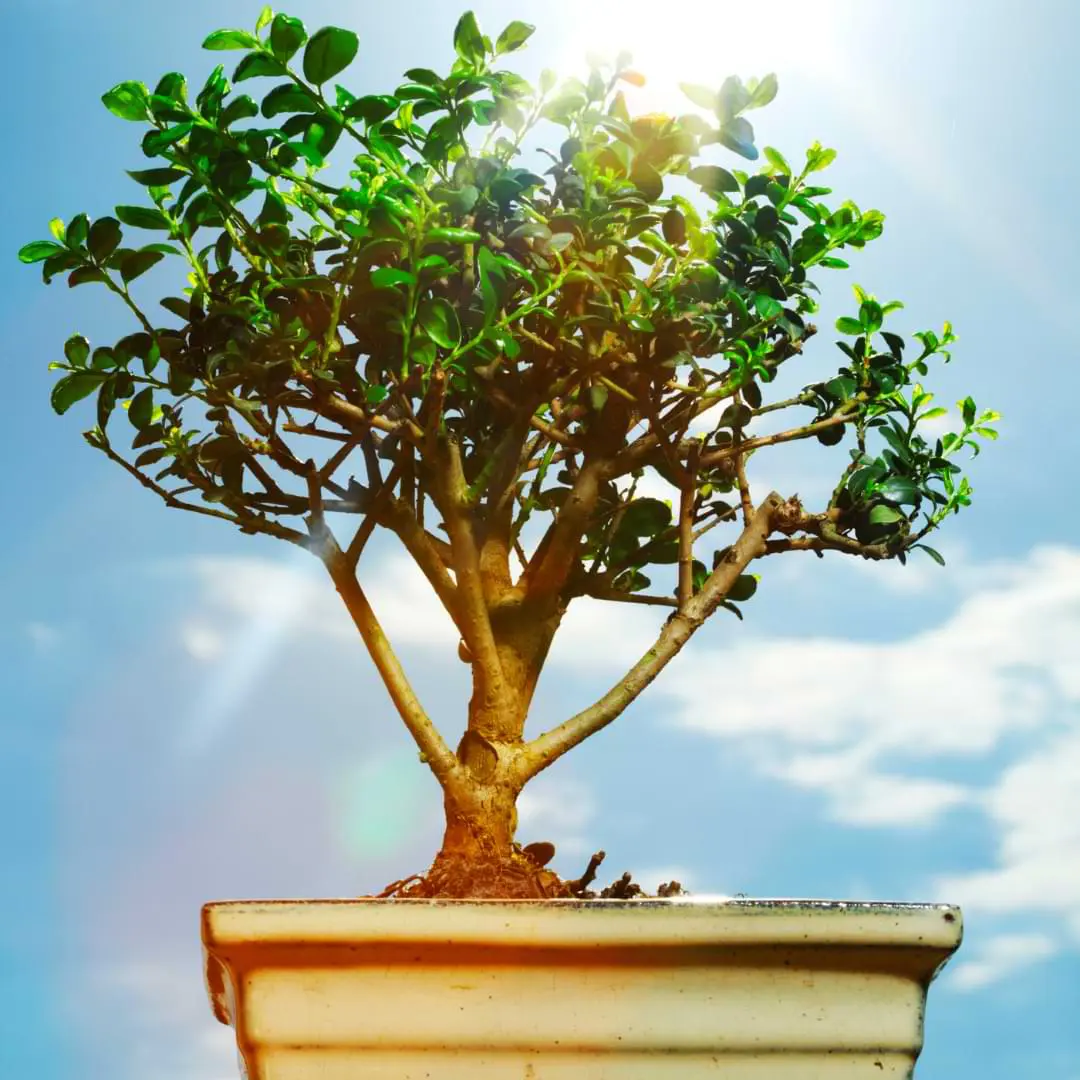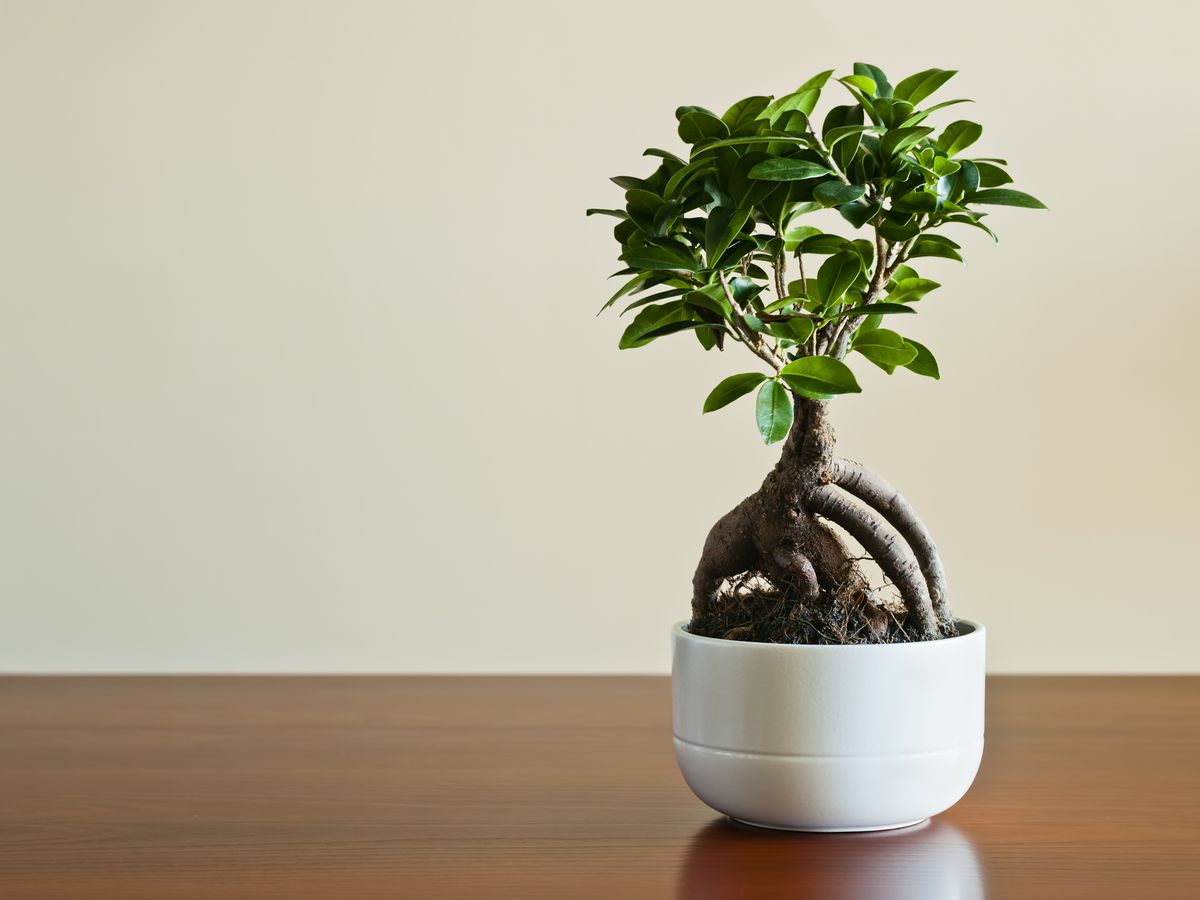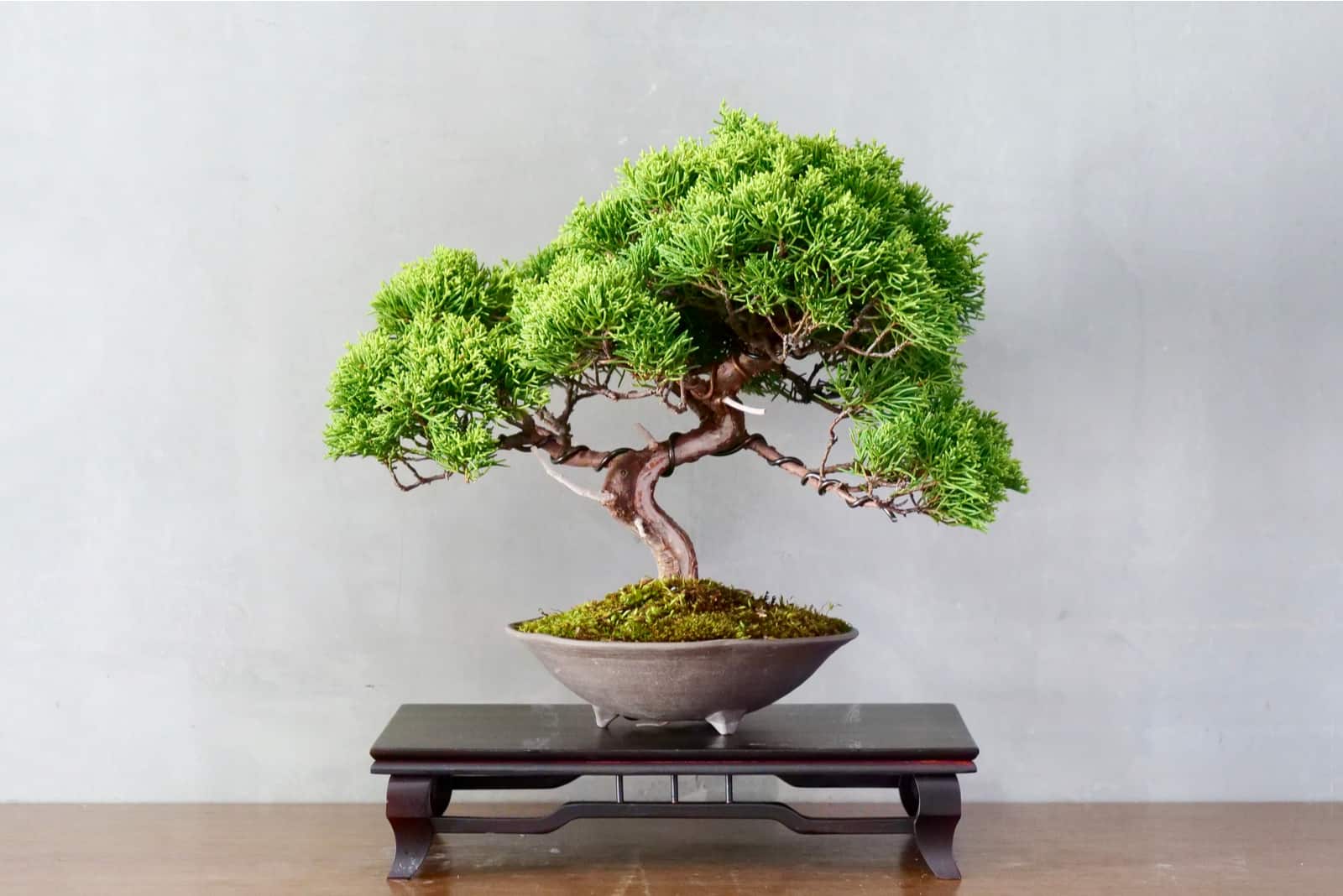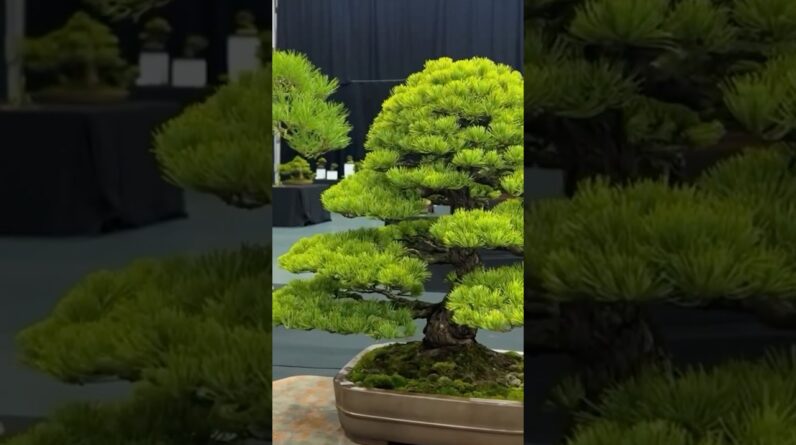Ficus Bonsai, like any other plants, require sunlight to thrive. But how much sunlight exactly do they need? That’s what I’m here to uncover. In this article, we’ll explore the optimal amount of sunlight that Ficus Bonsai trees need to grow and flourish. But I won’t stop there.
I’ll also delve into some uncommon strategies and techniques that you can employ to ensure your Ficus Bonsai receives just the right amount of sunlight. So, if you’re a bonsai enthusiast looking to take your Ficus Bonsai care to the next level, keep reading to uncover the secrets of sunlight and these beautiful trees.
Welcome to the world of Ficus Bonsai and the art of nurturing them with sunlight.
How much sunlight do Ficus Bonsai need?
As a passionate bonsai enthusiast, I have always been intrigued by the sunlight requirements of Ficus Bonsai. Understanding the specific needs of these delicate trees is crucial for their health and well-being. In this article, I will delve into the importance of sunlight for Ficus Bonsai, factors to consider for sunlight exposure, and common signs of insufficient sunlight. Join me on this journey as we explore the world of Ficus Bonsai and their relationship with sunlight.

Understanding the sunlight requirements of Ficus Bonsai
Ficus Bonsai, like all plants, have a natural affinity for sunlight. Sunlight plays a crucial role in their growth and development. These miniature trees thrive in bright, indirect sunlight, which replicates their natural habitat in tropical regions. Without the appropriate amount of sunlight, Ficus Bonsai may struggle to thrive and may exhibit various signs of stress and neglect.
The importance of sunlight for Ficus Bonsai
Sunlight is not just a source of visual beauty; it is a lifeline for Ficus Bonsai. Just like humans, plants rely on sunlight for energy, through a process called photosynthesis. Sunlight helps Ficus Bonsai produce the necessary nutrients for growth and promotes their overall well-being. Without sufficient sunlight, their development may be stunted, leaves may lose their vibrant color, and they may become susceptible to diseases.
Determining the optimal amount of sunlight for Ficus Bonsai
Finding the perfect balance when it comes to sunlight exposure for Ficus Bonsai can be a bit challenging. Different species have varying sunlight requirements, and it’s essential to understand the specific needs of your Ficus Bonsai. Experimenting with sunlight exposure while closely monitoring the tree’s response is the key to determining the optimal amount of sunlight. Gradual adjustments and seeking expert advice for specific species can also be beneficial.
Factors to consider for sunlight exposure
Several factors come into play when considering sunlight exposure for your Ficus Bonsai. The intensity and duration of sunlight, climate and geographic location, density of foliage, and the positioning of the tree are all critical factors to consider. Ficus Bonsai should be positioned in a way that allows them to receive the right amount of sunlight without being subjected to excessive heat or direct exposure.

Morning sunlight for Ficus Bonsai
Morning sunlight is often considered the ideal time for Ficus Bonsai to soak up some rays. The gentle, filtered light during this time of day provides a boost of energy without the risk of scorching the leaves. Position your Ficus Bonsai in an area where it can benefit from the early morning sun, such as an east-facing windowsill or a spot in the garden that receives morning light. However, it’s essential to take precautions and ensure that the tree is not exposed to intense sunlight during this time.
Afternoon sunlight for Ficus Bonsai
While morning sunlight is generally preferred, some Ficus Bonsai species can tolerate and benefit from afternoon sunlight. However, it is crucial to protect your tree from the intense heat and potential damage caused by direct sunlight during this time of day. Providing shade or creating a protective canopy can help mitigate the risks associated with afternoon sunlight.

Indoor vs. outdoor sunlight for Ficus Bonsai
When it comes to sunlight exposure, the location of your Ficus Bonsai plays a vital role. Outdoor bonsai trees have the advantage of natural sunlight, which provides the necessary intensity and duration for healthy growth. However, indoor Ficus Bonsai may require supplemental artificial light to compensate for the reduced sunlight intensity. It is crucial to find the right balance and provide your indoor Bonsai with the appropriate amount of light.
Protecting Ficus Bonsai from excessive sunlight
While sunlight is essential for the health of Ficus Bonsai, excessive exposure can be harmful. Prolonged exposure to intense sunlight can lead to leaf scorch and damage to the delicate foliage. To protect your Ficus Bonsai from excessive sunlight, you can create shade options, such as using sheer curtains or shade cloths. Additionally, placing your bonsai in a location that offers a balance between shade and sunlight can help mitigate the risks associated with excessive exposure.

Common signs of insufficient sunlight for Ficus Bonsai
Insufficient sunlight can have detrimental effects on the health of Ficus Bonsai. Some common signs of insufficient sunlight include pale or yellowing leaves, leggy growth, and a generally weak appearance. If you notice these signs, it is a good indicator that your Ficus Bonsai is not receiving enough sunlight and needs to be moved to a brighter location.
Monitoring sunlight exposure for Ficus Bonsai
Monitoring sunlight exposure for Ficus Bonsai is crucial for their overall health and well-being. Observing and evaluating sunlight patterns, using shade cloths or light meters, and recording and tracking the tree’s sunlight exposure can help you make necessary adjustments for optimal growth. Remember, finding the perfect balance of sunlight is an ongoing process, and regular monitoring is key to ensuring the best possible conditions for your Ficus Bonsai.
In conclusion, sunlight is an essential factor in the care and cultivation of Ficus Bonsai. Understanding the sunlight requirements, finding the optimal amount of sunlight, and protecting the tree from excessive exposure are crucial for the health and well-being of your Ficus Bonsai. By carefully considering factors such as intensity and duration of sunlight, climate, foliage density, and positioning, you can create a conducive environment for your Ficus Bonsai to thrive and flourish. So, let the sun shine on your Ficus Bonsai and watch it grow into a beautiful miniature tree.








